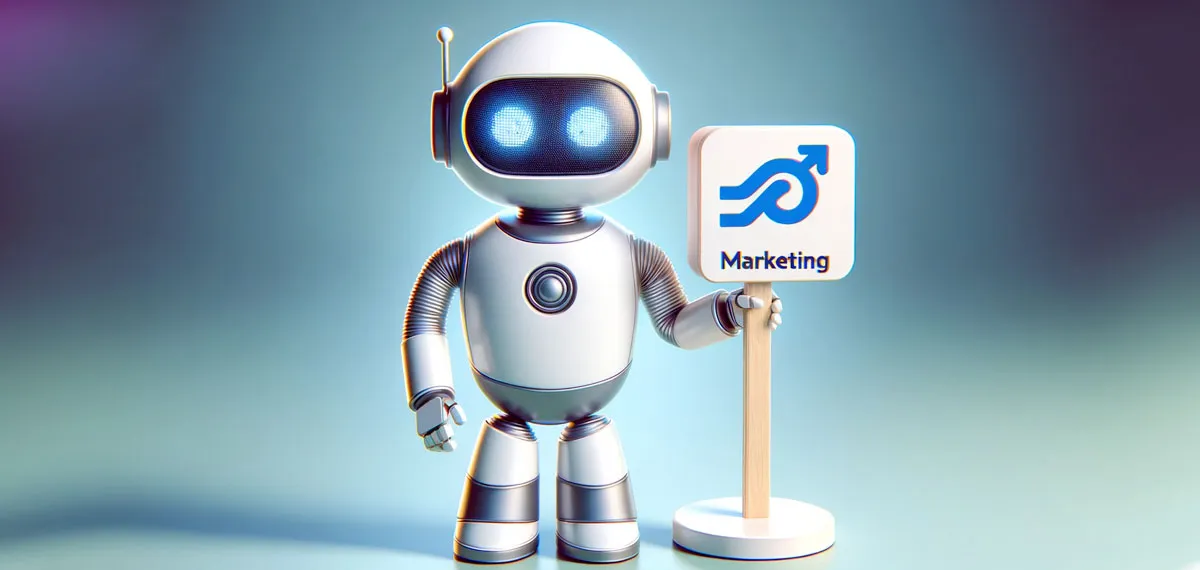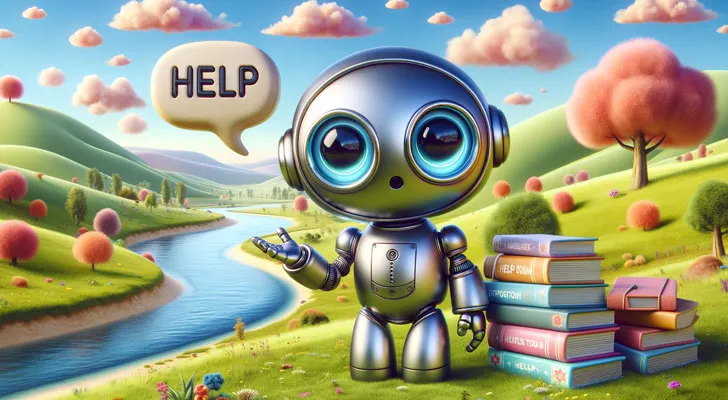Today's digital landscape is witnessing an unprecedented integration of artificial intelligence (AI) and machine learning (ML) in various domains, notably in enhancing chatbot functionalities for e-commerce and customer service. This evolution is not just about automation but about creating more intuitive, personalized, and engaging user experiences.
Understanding the AI-Driven Chatbot Revolution
AI and ML are at the heart of the modern chatbot revolution, transforming them from simple scripted responders to sophisticated conversational agents. These technologies enable chatbots to understand natural language, recognize patterns in data, and learn from interactions. As a result, chatbots can offer more relevant, context-aware responses, making conversations feel more natural and human-like.
The Impact on E-Commerce and Customer Service
In e-commerce and customer service, the implications of AI-powered chatbots are profound. They offer 24/7 assistance, handling inquiries, guiding purchases, providing recommendations, and resolving issues with efficiency and accuracy. This capability significantly enhances customer satisfaction and loyalty while also reducing the workload on human staff.

Ready to automate and improve your customer service? Get in touch here.
Machine Learning: The Brain Behind Smarter Chatbots
Machine learning plays a pivotal role in advancing chatbot intelligence. Through ML algorithms, chatbots can analyze vast amounts of data from previous interactions, learning to predict user needs and preferences over time. This ongoing learning process enables chatbots to deliver more personalized experiences, adapting their responses based on user behavior and feedback.
Challenges and Opportunities Ahead
Despite the advances, deploying AI and ML in chatbots presents challenges, including ensuring privacy, managing data quality, and maintaining conversational context. However, the opportunities outweigh these hurdles. Businesses that leverage AI-driven chatbots stand to gain significant competitive advantages, from increased engagement and conversion rates to enhanced customer insights.

Integrating Chatbots into Your Business Strategy
Integrating AI-powered chatbots into business strategies requires careful planning and execution. It involves selecting the right platforms, designing user-centric conversation flows, and continuously monitoring and refining AI models based on feedback and performance metrics. Success in this domain necessitates a commitment to innovation and a focus on delivering genuine value to users.
Conclusion
The integration of AI and machine learning in chatbots is reshaping the landscape of e-commerce and customer service. By offering personalized, efficient, and intelligent interactions, these advanced chatbots are setting new standards for customer engagement. As technology continues to evolve, the potential for AI-driven chatbots to transform business operations and customer experiences is immense. Embracing this technology not only enhances operational efficiency but also opens new avenues for connecting with and serving customers in the digital age.
Our chatbots are already making businesses mega money. Are you ready? Get in touch here.





